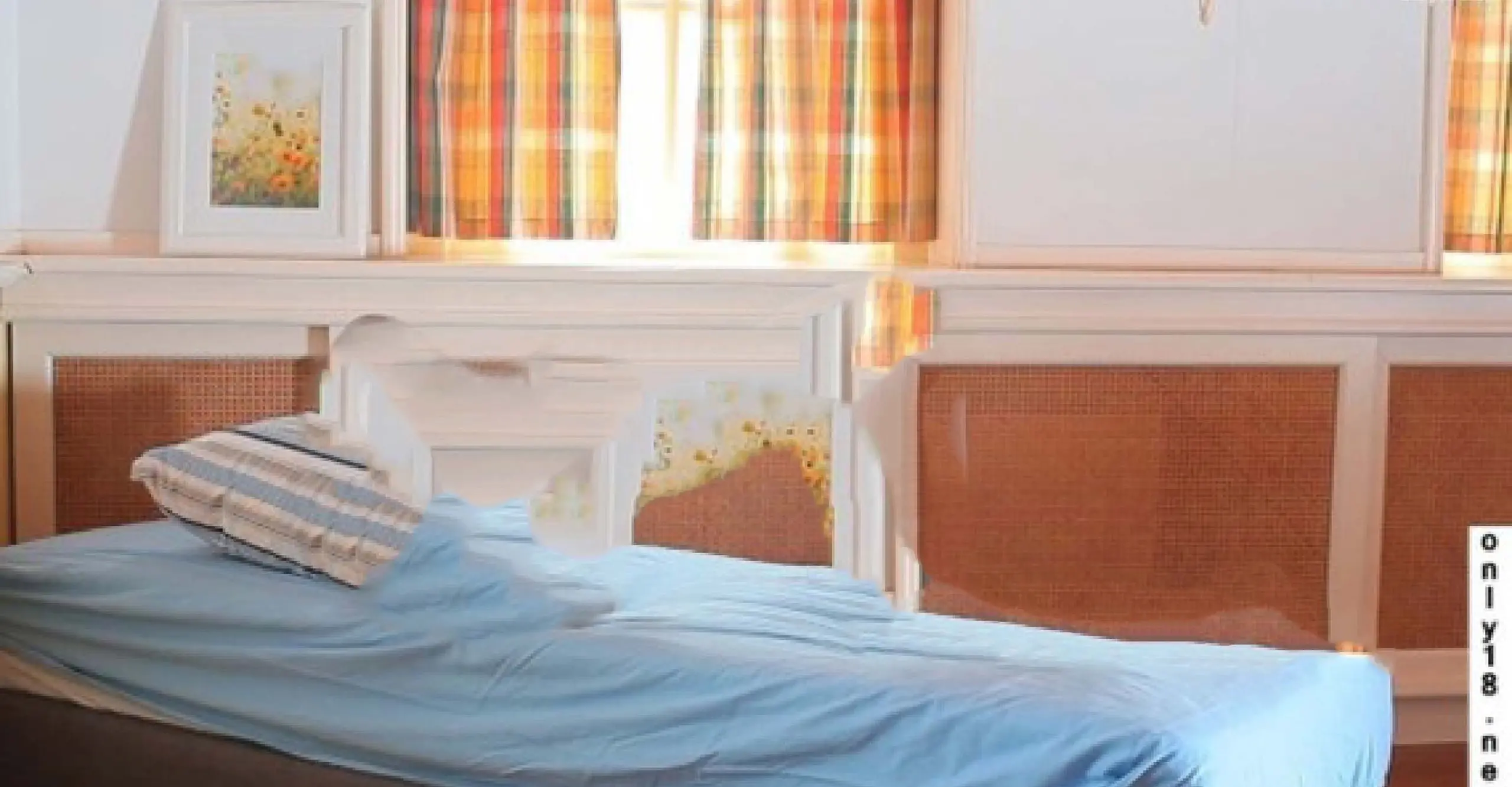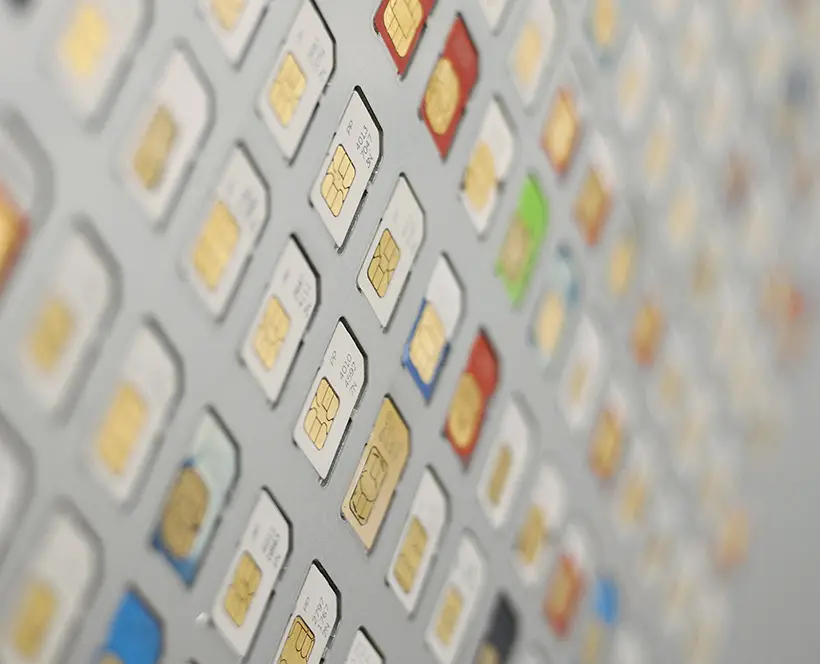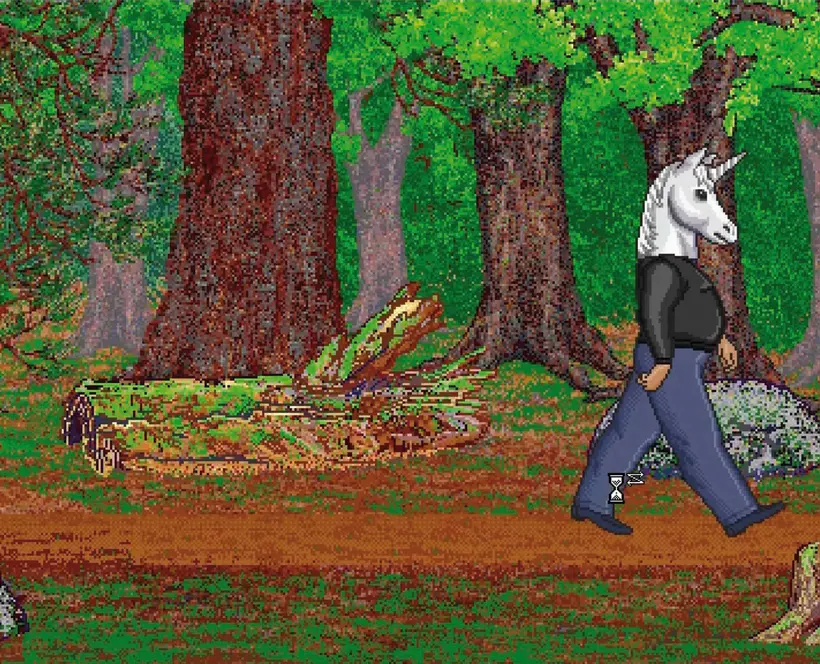In her series NSFW Venus, she appropriates and alters images from a pornography-detection dataset to reflect on the parallels between colonial archives and machine learning datasets.
From phrenology to sexology, NudeNet is only the latest imaging technology employed to sort our complex identities and behavior into rigid categories of race, gender, and obscenity. Its stolen training data constitutes a new kind of photographic archive with familiar aims — surveillance, censorship, and control. Today, as in the past, institutions use technologies of vision and quantification to transform bodies into data — and use that data to classify, predict, discipline and erase.
Foldes is influenced by Filipino artist Stephanie Syjuco's use of Photoshop’s “healing brush” to remove subjects from prison mugshots in anthropological archives. By using these tools, the artist asks what healing could mean for machine learning archives that are endlessly copied and recirculated?
Livia Foldes (she/her) is a Brooklyn-based cultural worker exploring the latent space between art, design, technology, and activism. Her work asks how and why machines are taught to understand and misunderstand our bodies and the identities they carry, and explores the radical potential simmering in the gaps. These questions take shape through artistic research, visual essays, workshops and events, software and websites, and imagery created with emerging tools.
She teaches courses on artificial intelligence, computational image making, and extended realities at Rhode Island School of Design, and holds an MFA in Design and Technology from Parsons School of Design. She has exhibited work at The Center for Art, Research and Alliances (CARA) and her work is held in Rhizome’s permanent collection. She has spoken in spaces including the New Museum, Princeton, Gray Area, and the Prelinger Library.




